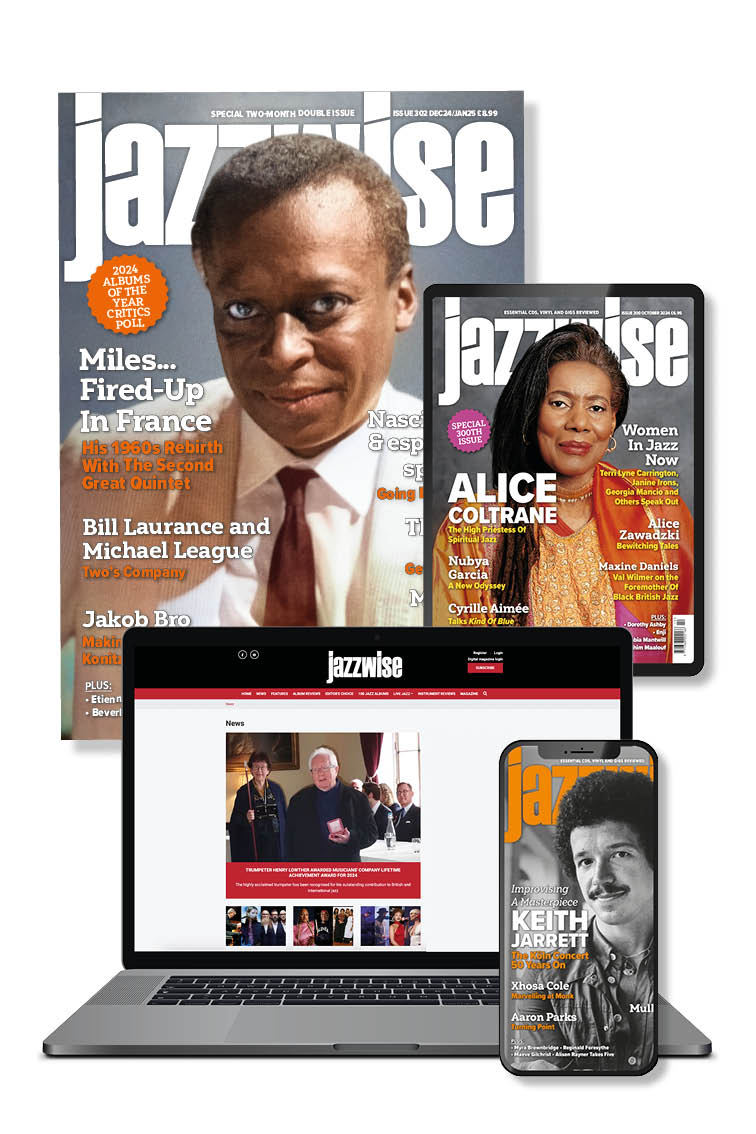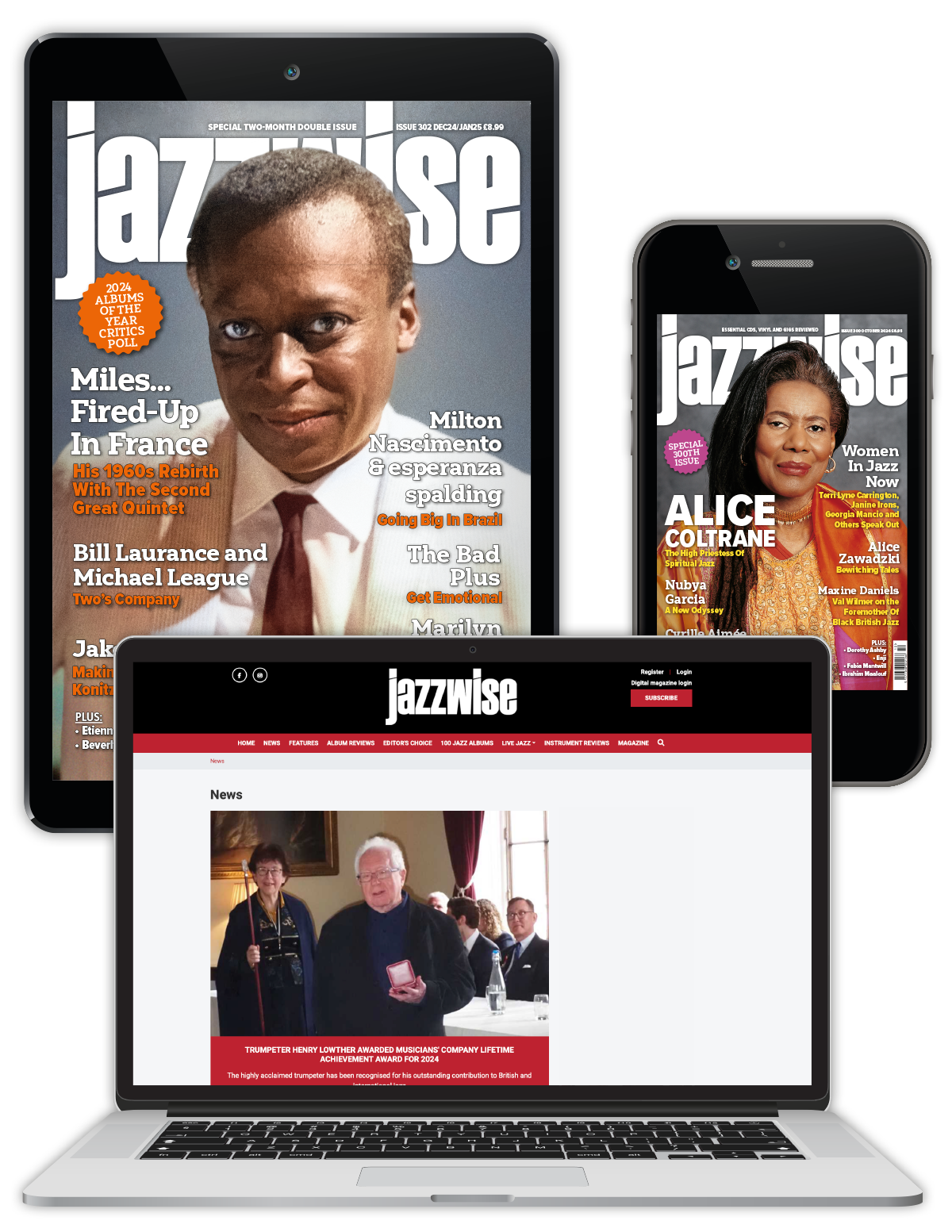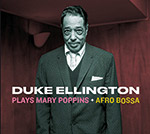Duke Ellington: Plays Mary Poppins + Afro Bossa
Editor's Choice
Author: Stuart Nicholson
View record and artist detailsRecord and Artist Details
Musicians: |
Chuck Connors (tb) |
Label: |
Jazz Up! |
Magazine Review Date: |
August/2021 |
Media Format: |
CD |
Catalogue Number: |
JU55001 |
RecordDate: |
Rec. 6, 8 & 9 September 1964 (Plays Mary Poppins) 6 January 1963 (Afro Bossa) with Roy Burrows, Ray Nance (in for Woodard and Jones), Ernie Shepard in for Lamb (b). |
Afro Bossa and Mary Poppins, together with The Symphonic Ellington, were easily the best albums of the Duke's brief sojourn with Frank Sinatra's Reprise label. The title track of Afro Bossa took its inspiration from Maurice Ravel's ‘Bolero’, and largely succeeds, through repetition, in mirroring the slowly rising climax of Ravel's version, using the 12 bar blues form to govern the direction of travel. The rest of the album is built around six compositions that Ellington had previously recorded – ‘Pyramid’ from 1938, Absinthe' in 1941, ‘Eighth Veil’ from 1946 (originally ‘Frontin’), ‘Sempre Amor’ from 1960, ‘Tigress’ in 1962 (originally ‘Telstar’) and ‘Purple Gazelle’ in 1962 (originally ‘Angelica‘).
Perhaps the Bossa bit of the title is misleading, the discreet Brazilian rhythm does not reveal itself at all, rather an ‘exotic’ Ellington all-purpose Latin based invention similar to those that surface in Far East Suite. Of the remaining six tracks, ‘Angu’ is a standout melody fashioned for Hodges who interprets it with imperious perfection while ‘Volupté’ is another powerful melody that only Ellington can create.
Plays Mary Poppins takes tunes from the Disney soundtrack of one of the most popular movies of all time – it's hardly surprising then that critics at the time accused Ellington of selling out. But Duke's elegant treatment of the songs, written by the Sherman brothers, was nothing short of inspired,
from the elegant poise of Johnny Hodges on ‘A Spoonful of Sugar’ to the moving ‘Feed the Birds’, a minor key masterpiece featuring Jimmy Hamilton on clarinet, while it took Ellington's genius to slow down the tempo of ‘Let's Fly a Kite’ and use the instrumental triumvirate of trombone, trumpet and clarinet that produced the poignant instrumental sound heard on ‘Mood Indigo’ applied to state the ‘Kite’ melody. Ellington said he approached Poppins from a ‘different perspective’ and there's no doubt that in so doing, he got more out of the Sherman brothers' songs than they could have ever imagined.

Jazzwise Full Club
- Latest print and digital issues
- Digital archive since 1997
- Download tracks from bonus compilation albums throughout the year
- Reviews Database access
From £9.08 / month
Subscribe
Jazzwise Digital Club
- Latest digital issues
- Digital archive since 1997
- Download tracks from bonus compilation albums during the year
- Reviews Database access

